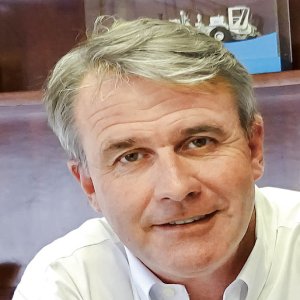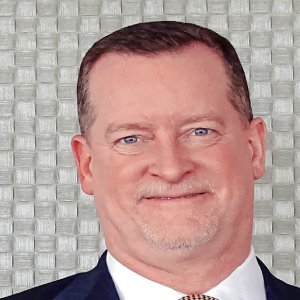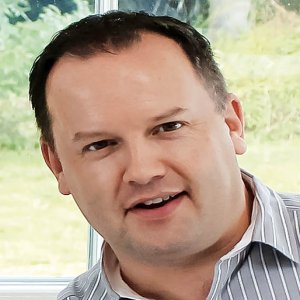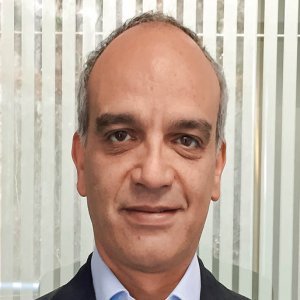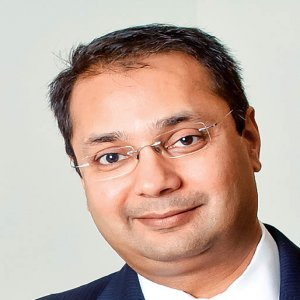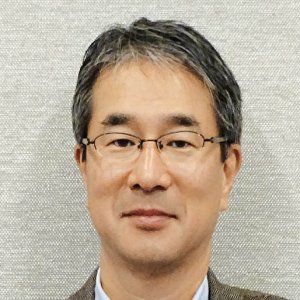Working with Industry to Tailor Learning

Working with Industry to Tailor Learning

STORY INLINE POST
Q: How is your program adapted to provide students with the entire breadth of proficiencies required by the market, and what does the typical UVM graduate look like?
EG: The international context is important for UVM. The University is part of Laureate International Universities, the most important Universities Network worldwide, with a presence in 30 countries, more than 80 Institutions, and 1 million students. Our study plan is designed to expand our students’ vision through international exchange schemes and collaborations with universities abroad. In line with this international approach, we place a strong emphasis on the teaching of English. Soft skills are also developed in our courses, as we consider them just as fundamental as technical skills such as leadership, negotiation, teamwork, communication, and social responsibility. Looking at current industrial needs, we also teach classes associated with safety and information technology due to the current importance of data. As a Higher Education Institution, we have always considered it important that our students develop these skills essential to the private industry.
Q: How do you work with public organizations and private companies to ensure your teachings are in line with their requirements?
GA: Our model is based on skills generation. In order to make sure that the proficiencies we are teaching our students are those that the market is looking for, we have developed close ties with the regulating entities because these have taken on an active role in identifying needs in the national oil and gas market. We then use this information to implement classes that will transfer the necessary skills for these needs to our students. In addition to this approach, UVM also communicates directly with the industry. We have created an academic council formed by a majority of industry members where we monitor and evaluate current teaching programs, and identify the necessary updates in order to anticipate and cater to industry needs. We also work toward developing entirely new study programs that we believe will be needed in the future. An additional way we ensure top quality academic programs is through our links with other institutions, be they local or abroad. We are aware that no one institution has all of the capabilities required by the industry, which is why we have adopted this open approach to working with academic centers, training centers, and research centers.
EG: These councils are our way of remaining in touch with the industry’s needs, as they provide us with constant feedback around what is happening, what is going to occur, and how well we are doing. Additionally, the links that we have developed with companies allow us to evaluate and incorporate necessary industrial competence certifications, such as the Rig Pass and the Well Sharp. Others are required by leading companies such as Halliburton, Weatherford, and Schlumberger, and these certifications ultimately contribute to the increased employability of our students. Moreover, we are part of the advisory councils for certain commissions of the Ministry of Energy in topics surrounding the development of talent and value chains for the entire energy sector. The close relationship we are consolidating with the industry also provides benefits for private companies, knowledge sharing, research on trends, and the development of talent. The oil and gas industry needs more than just hydrocarbons engineers, also requiring mechanical, chemical, and civil engineers to complement the talent required by the industry.
Q: Being generally perceived as a male dominated industry, how can you attract more women to work in the oil and gas sector?
EG: UVM places a considerable emphasis on women, which is reflected in all of our advertisement platforms. We cannot ignore the fact that women represent 52% of the workforce in Mexico, and organizations should strive to take advantage of this resource. At the moment, the portion of women in UVM’s engineering courses is 17%. Our aim is to increase this figure year on year, and in fact, our latest oil and gas engineering promotion has 20% female representation. UVM is striving to understand what can be done to bring more women into these traditionally male degrees, promoting our courses through media, and also at events and forums. We were present in different forums to promote the participation of women in engineering. It is not only about achieving a gender balance, but also about taking advantage of the competitiveness, innovation, and creativity that women display each day.
